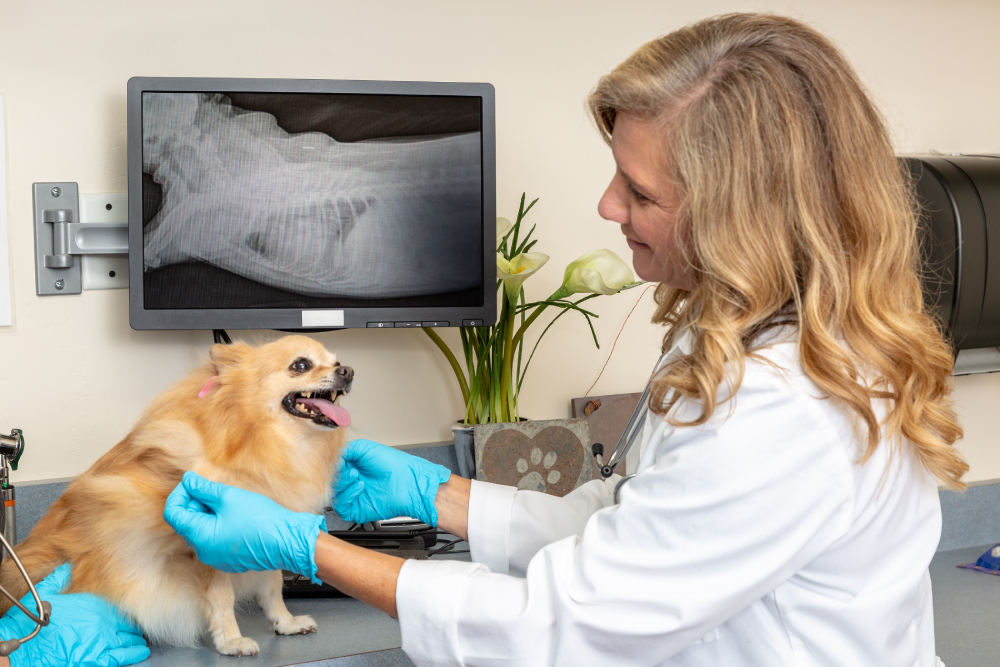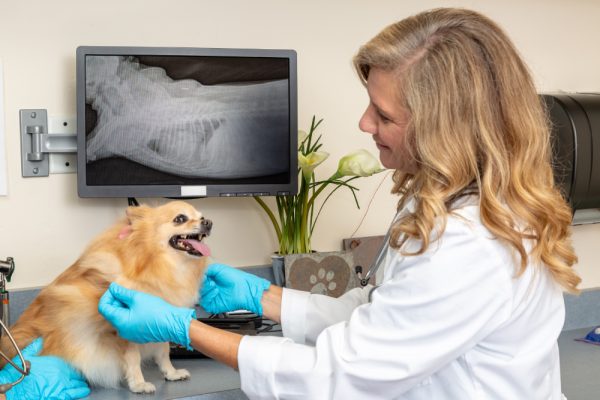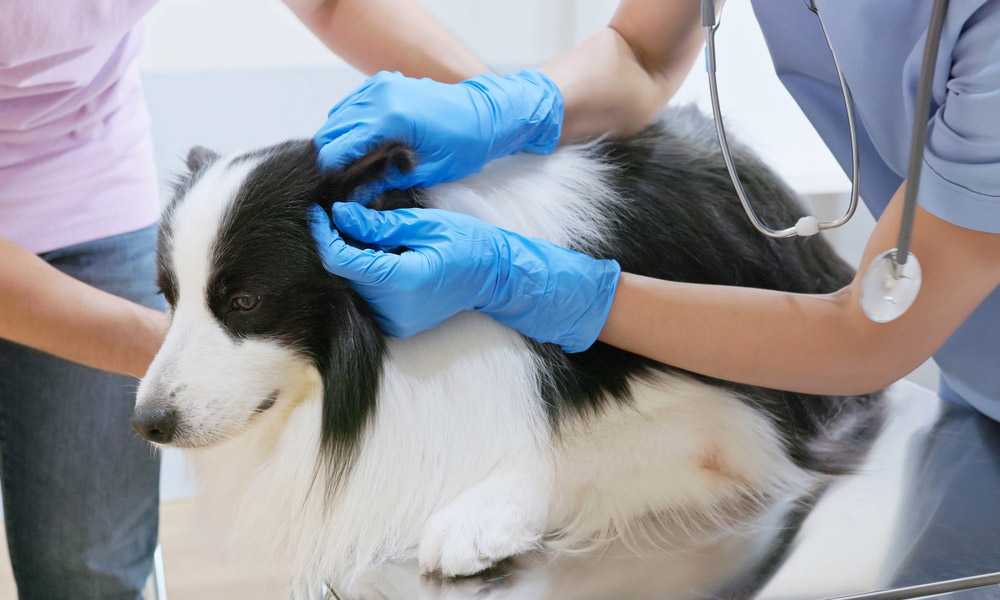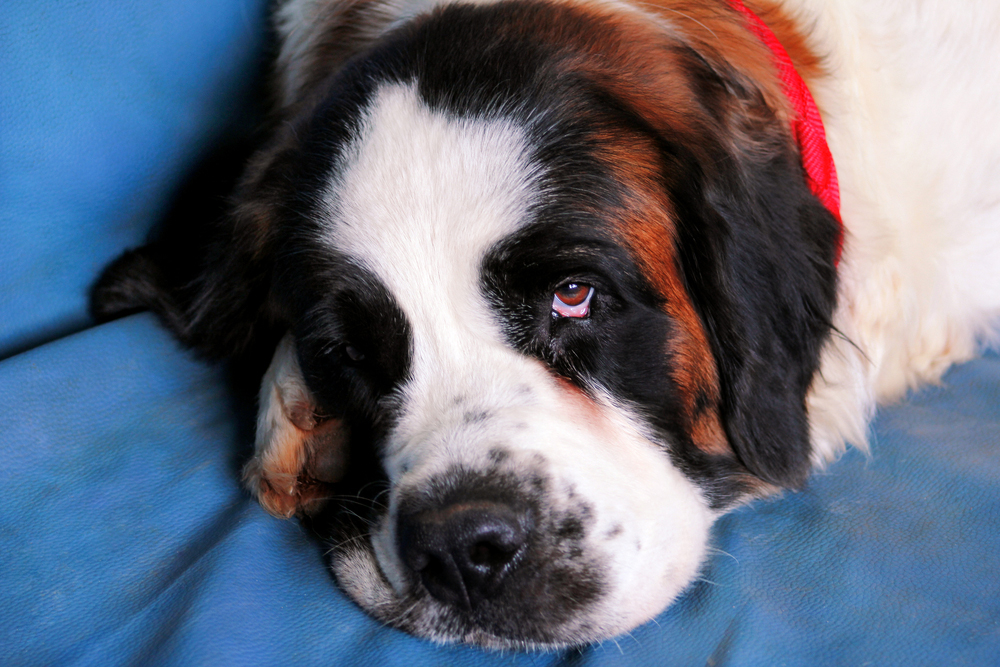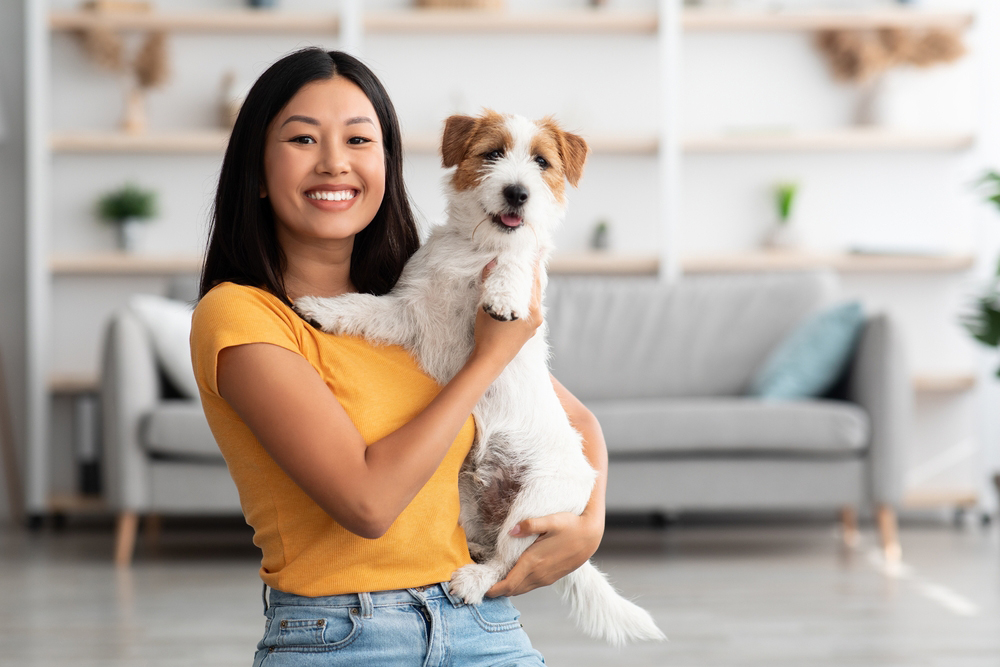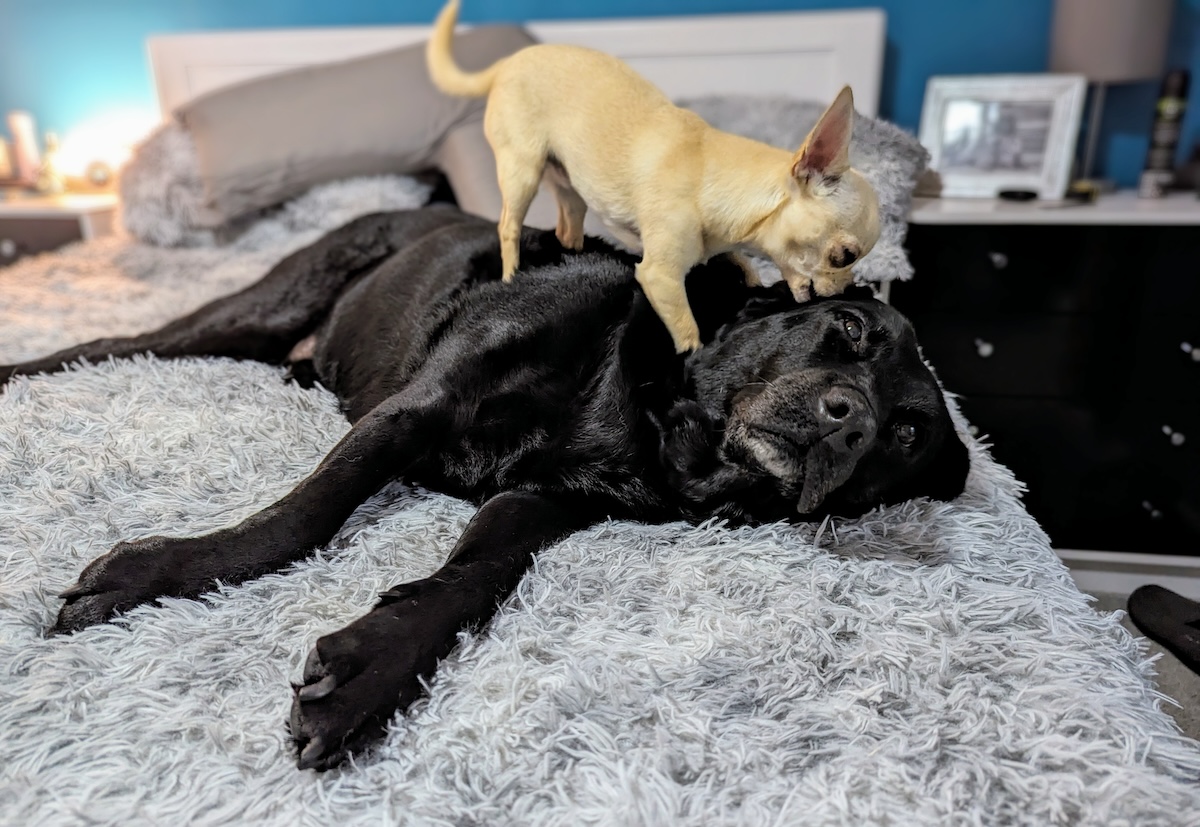Click to Skip Ahead
Some dogs will do anything to get onto the counter and grab a taste of whatever we are eating. Other times, potentially dangerous food such as bones may be thrown into the garbage where you think it’s safe, only to have your dog knock over the garbage and eat the contents. If your dog ate a rib bone, this could be a potentially dangerous situation. Bones in dogs’ stomachs can cause significant GI upset, intestinal obstruction and/or perforation, and even constipation. In this article we’ll discuss what to do, and what not to do, if you suspect or even know that your dog ate a rib bone.

How to Act If Your Dog Ate Rib Bone
1. Do Not Try to Pull It Out
If you witness your dog actively eating a bone, do not try to reach into their mouth and/or down their throat to pull the bone out. Unless your dog is actively choking and you can see the stuck bone piece, trying to pull the bone back may cause damage. If there are any sharp points on the bone piece that you aren’t aware of, you may actually poke that area into your dog, or yourself, unknowingly if you attempt to pull the piece out. Not to mention that your dog may try to bite down and could seriously hurt your finger(s) and hand. So, if your dog is actively swallowing the bone, just let them do it (again, unless they start to actively choke).
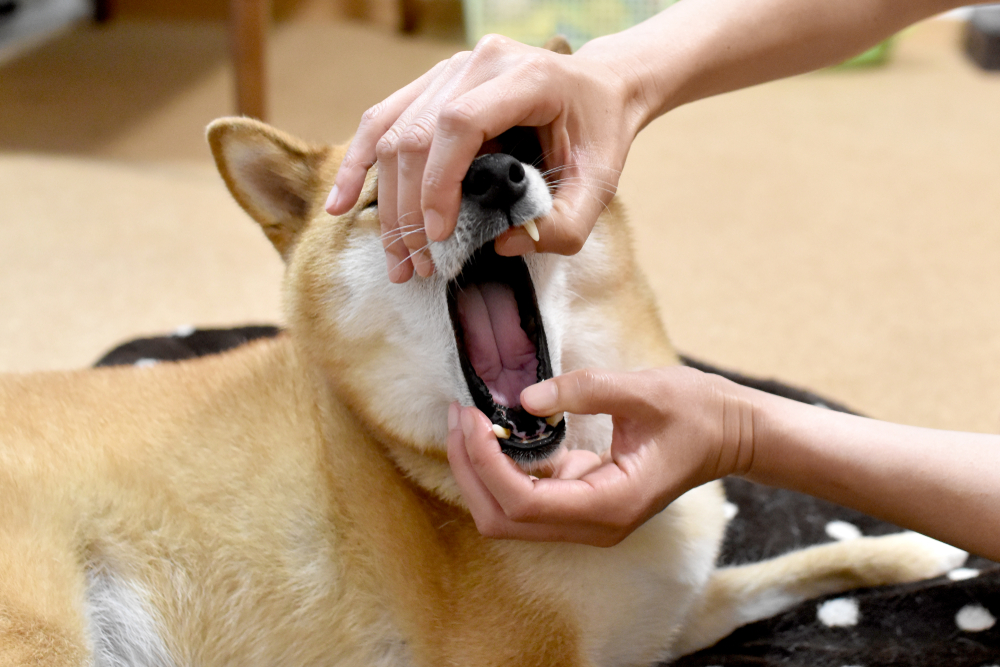
2. Do Not Induce Vomiting
It’s not recommended to induce vomiting if your dog ingested any type of bone. This is because we don’t know if there are any sharp edges that can either damage or perforate the stomach or esophagus during the act of vomiting. Once your dog has swallowed the bone, if the recommendation is to remove it, then it’s best to have it removed by a veterinarian. In addition, inducing vomiting with hydrogen peroxide is no longer recommended as it can cause gastric and esophageal ulceration and/or irritation. The addition of hydrogen peroxide to the stomach may also change the stomach’s pH, making it more difficult to digest any small bone pieces that may be present.
3. Contact Your Veterinarian
As discussed above, inducing vomiting is typically not recommended with any type of bone ingestion. Your veterinarian may want to take a radiograph to determine if the rib bone is within the stomach, the esophagus, or the intestines. Depending on the size of your dog, the size of the bone, and the location of the bone, your veterinarian will discuss treatment options with you. They may want to perform surgery to remove the bone. Other times, endoscopy may be an option to remove the bone, depending on where you live and the availability of this service. Other times, the bone may be left where it is, with hopes that your dog will be able to digest it down to smaller pieces before passing it.
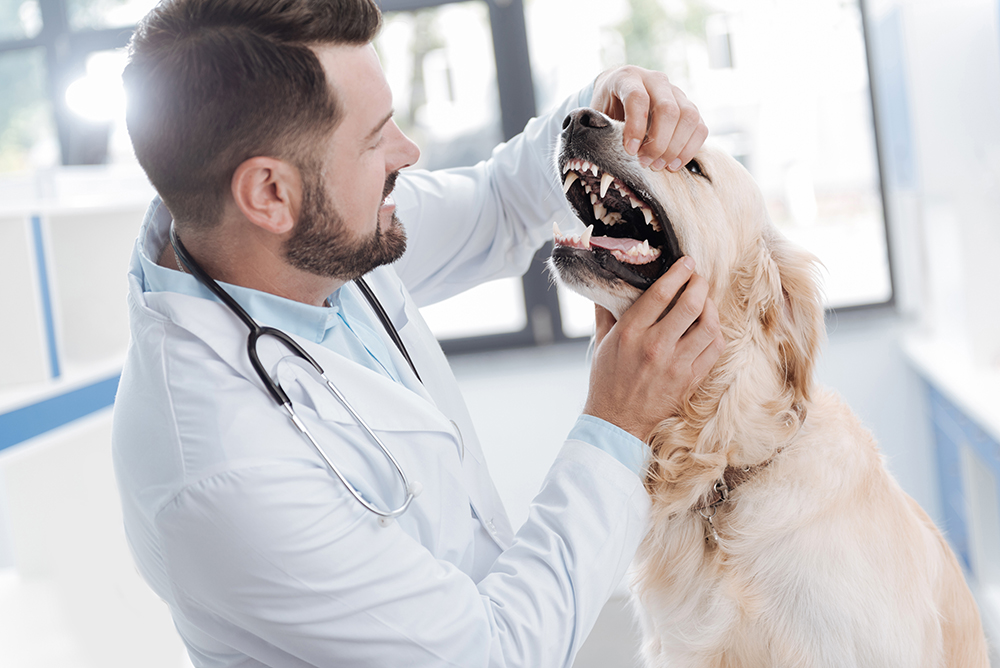
What If You Can’t Get to a Veterinarian?
It’s always recommended to contact your veterinarian or get your dog to an emergency veterinarian within the first few hours of ingestion. If that’s not possible, or perhaps you just got home from work and you have no idea when your dog ate the bone, then don’t panic. Your dog ingesting a bone may not cause any damage as the stomach acid may break it down, digesting it into smaller pieces for your dog to defecate out. However, there is the risk that larger and/or sharp bone pieces could perforate the stomach and anywhere along the intestinal tract as your dog passes it.
Other times, if your dog chewed the rib bone into small pieces, it may cause significant constipation as the bone pieces make their way to the colon. In any case, feed your dog normally and increase the fiber in their diet by adding sweet potato, pumpkin, squash, bread, or quinoa. The increase in fiber may help to grab small bone pieces to aid in passage. Do not give any OTC enemas, laxatives, mineral oil, antacids, or other medications as they may cause more harm than good.
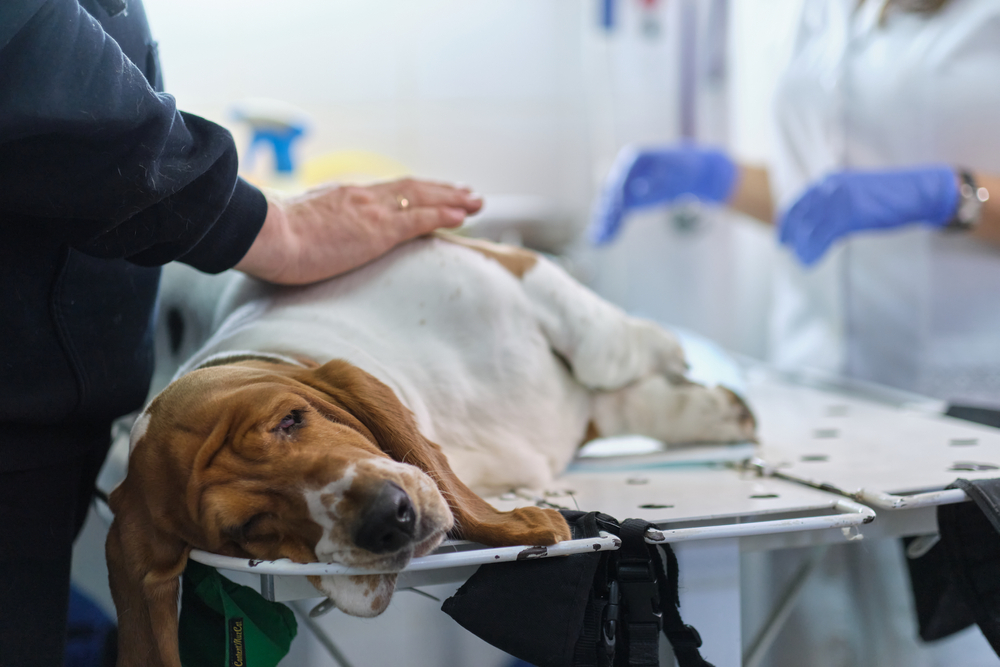
What to Monitor For
Any time your dog ingests a rib bone, or any type of bone, it’s important to monitor them for signs of complications. If your dog is vomiting, anorexic, has abdominal pain, abdominal distension, or is lethargic, they should be seen by a veterinarian. Also monitor for bloody vomit and/or stool, or black vomit and/or stool. Your dog should have normal stool in color and consistency. If they do not, or they are straining or unable to defecate, then veterinary care should be sought. As discussed above, bones can sometimes be digested and pass without complications. However, the sharp pieces can cause trauma, perforation, and/or obstruction anywhere along the GI tract. Don’t wait to seek veterinary care if you are concerned.

Conclusion
If your dog swallowed a rib bone, it’s important to remain calm. Never try to pull the piece out from the back of your dog’s throat unless they are actively choking. It’s also important to never induce vomiting or give any over-the-counter oils, laxatives, enemas, or other products as they may cause damage to your dog’s GI tract.
As soon as you realize your dog swallowed a bone, you should contact your veterinarian. Radiographs may be taken to determine the location of the bone so that a treatment plan can be made. Sometimes the bone has to be removed, while other times it may be left for the body to break down and your dog to pass. In any case, you should always monitor your dog for any anorexia, lethargy, vomiting, bloody or black vomit or stool, or the inability to defecate. If you notice anything concerning, your dog should see a veterinarian as soon as possible.
Featured Image Credit: GoodFocused, Shutterstock

